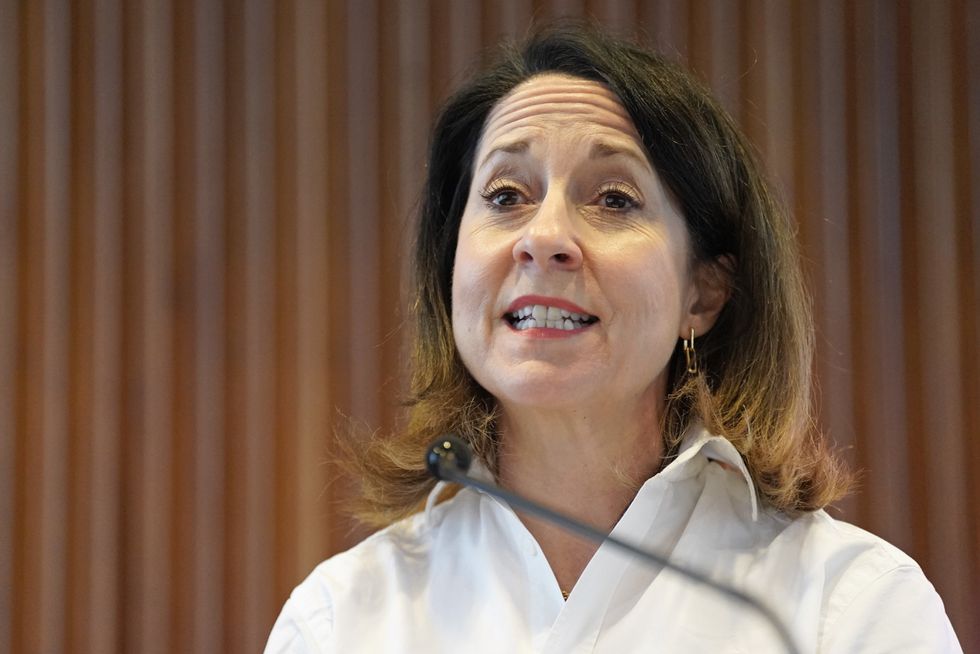New research is shining light into the British public’s knowledge about the state pension, with analysis suggesting there is a “concerning gap in awareness” about the retirement age.
Some 16 per cent of people whose state pension age is between 66 and 67 either underestimate or are unaware of their correct age, a study from the Institute of Fiscal Studies (IFS) has found.
This represents around 130,000 people who may be planning their retirement based on incorrect information.
According to the IFS’s senior research economist, Heidi Karjalainen, while two-thirds of individuals in their early-to-mid-60s accurately report their retirement age as 66, this drops to just two-fifths for those whose state pension age falls between 66 and 67.

Experts have warned Britons lack important knowledge regarding the state pension age
GETTY
The findings highlight a significant knowledge gap that could impact retirement planning for many Britons.
“This gap in awareness is concerning because it can lead to financial risks,” explains Karjalainen.
Many people in their late 50s and early 60s make consequential decisions about retirement timing, savings and wealth management, the economist highlighted.
These critical choices may be based on incorrect assumptions about when they can start claiming the state pension.
Do you have a money story you’d like to share? Get in touch by emailing [email protected].

DWP minister Liz Kendall is making drastic changes to her department
PA
Experts cite that this is particularly problematic for those who have already committed to retirement dates with employers or made irreversible financial decisions.
The situation is particularly concerning as the state pension represents a large part of annual retirement income for millions of people.
“And for most, the state pension will represent a large part of their retirement resources,” Karjalainen points out.
As it stands, the state pension age is kept under ongoing review, which means that it could change again in the future.
However, this is dependent on multiple factors, including life expectancy and economic growth.
Given the risks associated with unexpected delays to state pension receipt, the IFS is calling for the Government to reach out to older households.
LATEST DEVELOPMENTS:
 Pension Credit can boost income by thousands GETTY
Pension Credit can boost income by thousands GETTY“Clear and timely communication of any future increases in the SPA is important,” states Karjalainen.
The IFS has previously suggested that the government should write to people around their 50th birthday with information about their legislated or likely SPA.
Additionally, they recommend that the Government guarantee not to make changes to the state pension age for anyone within 10 years of reaching it.
“This would help give people confidence about when they can expect to receive a state pension and facilitate financial planning in the run-up to retirement,” Karjalainen concludes.








